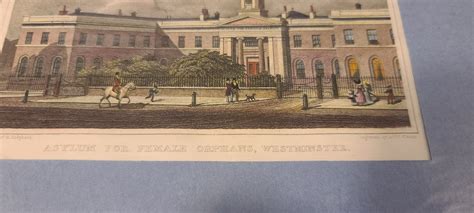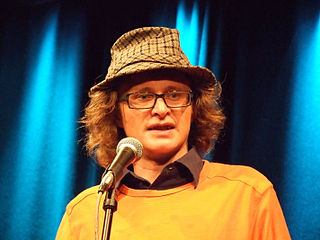A Quote by Thomas Shepard
There is a number among us, young and old, of all sorts almost among us, that swarm up and down towns, and woods, and fields, whose care and work hitherto hath been like bees, only to get honey to their own hive.
Related Quotes
Take from my palms, to soothe your heart, a little honey, a little sun, in obedience to Persephone's bees. You can't untie a boat that was never moored, nor hear a shadow in its furs, nor move through thick life without fear. For us, all that's left is kisses tattered as the little bees that die when they leave the hive. Deep in the transparent night they're still humming, at home in the dark wood on the mountain, in the mint and lungwort and the past. But lay to your heart my rough gift, this unlovely dry necklace of dead bees that once made a sun out of honey.
we are continually overflowing toward those who preceded us, toward our origin, and toward those who seemingly come after us. ... It is our task to imprint this temporary, perishable earth into ourselves so deeply, so painfully and passionately, that its essence can rise again “invisibly,” inside us. We are the bees of the invisible. We wildly collect the honey of the visible, to store it in the great golden hive of the invisible.
For the poets tell us, don't they, that the melodies they bring us are gathered from rills that run with honey, out of glens and gardens of the Muses, and they bring them as bees do honey, flying like the bees? And what they say is true, for a poet is a light and winged thing, and holy, and never able to compose until he has become inspired, and is beside himself, and reason is no longer in him. So long as he has this in his possession, no man is able to make poetry or to chant in prophecy.
When we walk, we naturally go to the fields and woods: what would become of us, if we walked only in a garden or a mall? Even some sects of philosophers have felt the necessity of importing the woods to themselves, since they did not go to the woods. They planted groves and walks of Plantanes, where they took subdiales ambulationes in porticos open to the air. Of course, it is of no use to direct our steps to the woods, if they do not carry us thither.
I here present thee with a hive of bees, laden some with wax, and some with honey. Fear not to approach! there are no wasps, there are no hornets here. If some wanton bee chance to buzz about thine ears, stand thy ground and hold thy hands-there's none will sting thee, if thou strike not first. If any do, she hath honey in her bag will cure thee too.





































